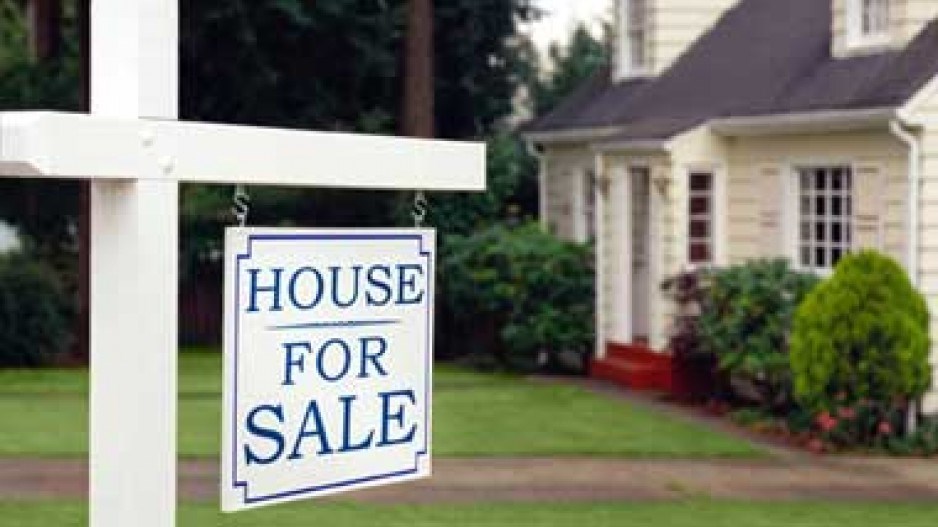A secret strategy briefing for Canada Revenue Agency (CRA) auditors has revealed plans to crack down on real estate tax cheats in Vancouver, with 50 auditors being assigned to investigate purchases funded by unreported foreign income.
Presentation notes for the seminar, delivered to auditors on June 2 and leaked to the South China Morning Post (SCMP), show that only one successful audit of worldwide income was conducted in British Columbia in the past year, in spite of Vancouver’s reputation as a hotspot for immigrant “astronaut families” whose breadwinners often work in mainland China and Hong Kong.
The plans, which come amid a furor over the role of Chinese money in Vancouver’s runaway housing market, were provided by a Canada Revenue Agency employee who attended the June 2 briefing. The briefing is identified as a “protected B” classified document on the cover.
The briefing text says the crackdown will “review the top 500 highest risk files within our region.”
It lists four areas being targeted for audit under the CRA’s “real estate projects,” launched in response to “significant media attention”: unreported worldwide income, property “flipping,” under-reporting of capital gains from home sales and under-reporting of goods and services tax (GST) on sales of new homes.
The time-consuming global income audits will tackle “individuals living in high-valued areas in B.C. who are reporting minimal income not supporting their lifestyle,” as well as those who buy “high-end homes with minimal income being reported.”
The presentation includes a photo of a luxury home supposedly bought for $5.8 million whose owner claimed the “working income tax benefit” for low earners. It also lists the tuition fees of Vancouver private schools.
Property flippers who swiftly resell homes for profit will meanwhile be audited to see if their properties truly qualify for exemption from capital gains tax, granted to people selling their principal residence.
The briefing describes various excuses given by owners who moved out of newly purchased homes, including a negative feng shui report, the “bad omen” of tripping over a crack in the sidewalk and a painter dying in the home.
It cites the highly publicized case of a well-kept, 20-year-old $6 million mansion that was torn down after being bought, prompting community outrage.
The briefing does not say the owners of this home, or the $5.8 million home, are tax cheats and nor does the SCMP suggest so.
While a CRA spokeswoman said that “the CRA cannot comment or release information related to risk assessment or non-compliance strategies,” she said real estate transactions in Toronto have been the subject of greater scrutiny, for some years.
“More recently, the CRA has been actively monitoring and auditing real estate transactions in British Columbia,” she said. “For the year ending March 31, 2016, the CRA completed 2,203 files [in B.C. and Ontario] related to real estate.”
In addition to the 50 redeployed income auditors, the leaked briefing says CRA is assigning 20 GST auditors and 15 other staff to the real estate project in B.C.
Census data from 2011 has previously shown that 25,000 households in the City of Vancouver spent more on their housing costs than their entire declared income, with these representing 9.5% of all households.
But far from being impoverished, such households were concentrated in some of the city’s most expensive neighbourhoods, where homes sell for multimillion-dollar prices.
Yet the briefing says the crackdown “will not address the major concerns about affordability of real estate.”
The leaked documents show that in addition to the single audit on global income in the last fiscal year, CRA in B.C. conducted 93 successful audits on property flips, 20 on capital gains tax and 225 on under-reported GST. The audits yielded $14.4 million in new tax, of which $10 million was GST. There were $1.3 million in fines.
As of April 29, there were 40 audits of global income under way, 205 related to flipping, 34 related to capital gains and 428 related to GST.
The average Vancouver house price now sits around $1.75 million for the metropolitan region, while the Real Estate Board of Greater Vancouver’s “benchmark” price for all residential properties is $889,100, a 30% increase over the past year. However, incomes remain among the lowest in Canada, making Vancouver one of the world’s most unaffordable cities. •
Ian Young's column in the South China Morning Post
The Hongcouver blog ([email protected]; @ianjamesyoung70) is devoted to the hybrid culture of its namesake cities: Hong Kong and Vancouver.




